

Addis Ababa University (AAU) recently convened 41 education researchers representing 18 countries from across the continent for the ‘Leaders in African Education Research’ to debate research priorities and opportunities in order to deliver high-quality and impactful research.The workshop was convened by AAU, in collaboration with Centre for Global Development (CGD), DFID and the REAL Centre at the University of Cambridge. The LAER meetings aimed to elevate the evidence on African education published by individuals based in SSA and inform future approaches to partnership and research collaboration. The workshop provided a platform to share perspectives on several dimensions of education research as participants discussed priorities for educational research across the continent and criteria for selecting research to inform national, regional or international development agendas. The workshop also provided a platform for participants to share their experiences on the challenges and opportunities faced in delivering high-quality outputs. These include among others-limited access to data, publishing in reputable journals. CSEA research Associate, Joseph Ishaku participated in this workshop which was held on 16 and 17 July 2019 in Addis Ababa.
The overall objective of the learning session was to build capacities for enhancing policy coherence in the implementation of the SDGs and enable participants to be able to: Define successful methodologies and factors for applying policy coherence to a real-life multi-stakeholder policy making context; Utilise analytical tools to examine institutional and governance mechanisms, and identify strengths and areas for improvement in light of good practices, and to simulate the impacts of individual SDG policies;‐ Integrate local data into analytical tools to improve effectiveness of coherent policies;‐ Analyse the impact of SDG policies and combinations of policies at national or regional level, under business-as-usual or alternative scenarios.
The sessions enabled participants learn from concrete experiences in promoting policy coherence in a multi-stakeholder environment for the implementation of the SDGs. It also provided a platfrom for experts to provide knowledge about available methodologies, emerging tools and data sets, which are helping governments and other key stakeholders to break policy silos.Overall, participants were able to learn how to apply the various methodologies, tools and data presented to improve policies and policy-making processes as well as organisational structures, and to identify mechanisms which can help achieve the SDGs in a more integrated and coherent manner.
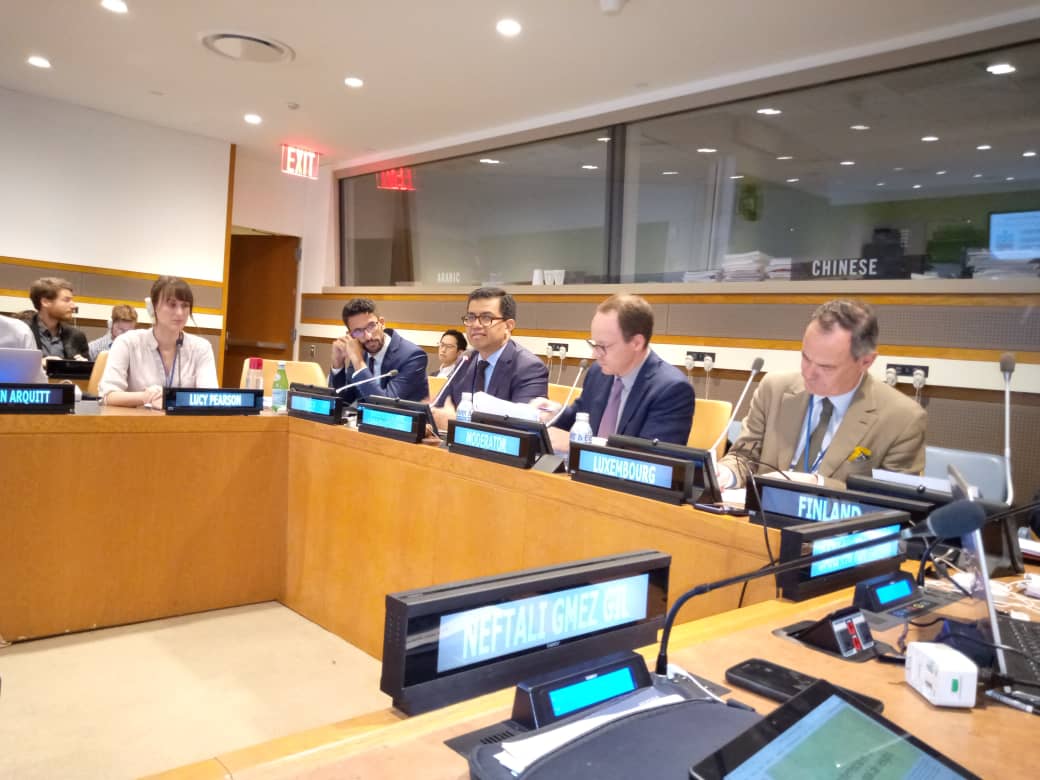
The United Nations Foundation and Southern Voice convened participants at a high-level event on the sidelines of the High-level Political Forum (HLPF) to discuss progress on the 2030 Agenda for the Southern Voice’s State of the SDGs research initiative.
The aim is to identify those who are “left behind” within diverse contextual realities, reveal the complex relationship of trade-offs and synergies among specific goals of the 2030 Agenda and to explore the global governance-related factors affecting country implementation.
The first phase of the research initiative has six country case studies which were conducted in six countries: India, Peru, Ghana, Nigeria, Sri Lanka and Bolivia. The studies from each country provides analysis and recommendations to improve the delivery of the Sustainable Development Goals (SDGs) which were presented by representatives of each of the organisations at the event.
CSEA’s Executive Director, Dr. Chukwuka Onyekwena, joined other participants to share recommendations, which emerged from CSEA’s case study ‘Is Nigeria on track to achieving quality education for all? Drivers and implications’. In his presentation titled "Beyond Local Policymakers and Education Practitioners: Global Considerations for Nigeria's quest for Quality Education", findings show that school-age children in the country are not acquiring basic literacy and numeracy skills. The report also identifies groups that are being excluded from quality education and the global forces that limit Nigeria’s capacity to deliver quality education.
The "State of the SDGs" report was launched as a side-event during the High-level Political Forum (HLPF) in New York on July 12, 2019.
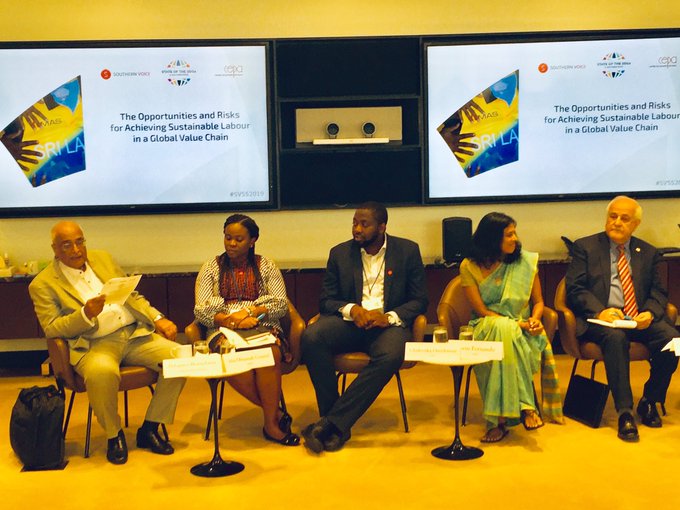
Rapid urbanisation has continued to challenge the security of life and property in many of the sprawling and unplanned cities in Africa. The concentration of vast amounts of people in often small and poorly served cities has increased demands on already poorly resourced authorities for employment opportunities, energy, housing, transport, water, basic education and healthcare.
The 10th meeting of the African Policy Circle (APC) convened to discuss the common position and provide policy solutions under the theme “Safe and Secure African Cities of the Future”. CSEA research fellow, Precious Akanonu participated in this meeting held in Dar es Salaam, Tanzania on the 30-31 May, 2019.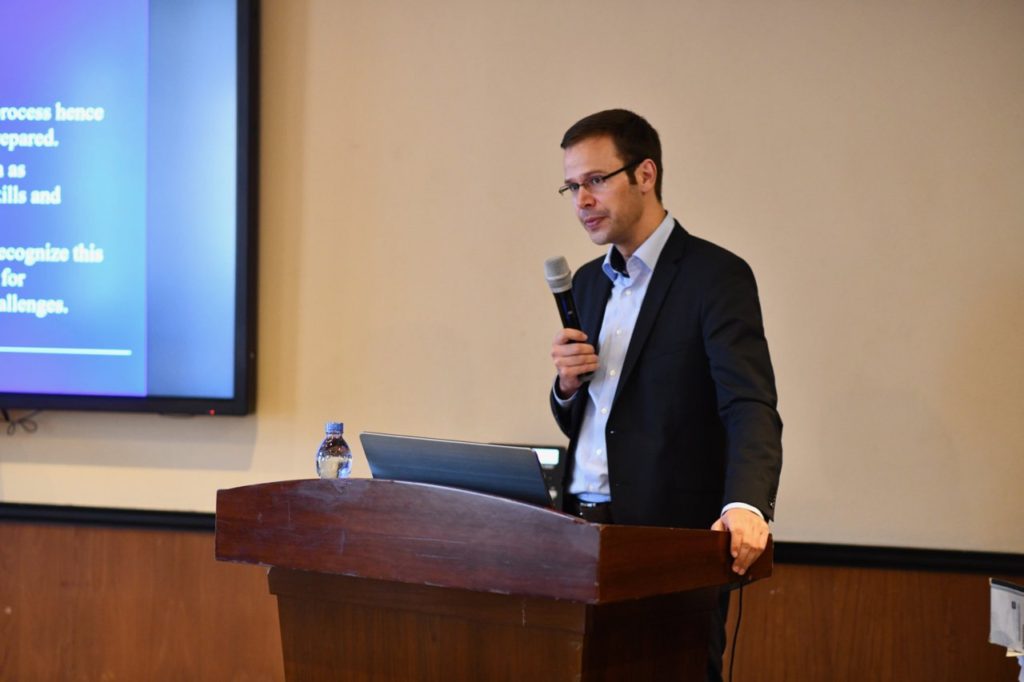
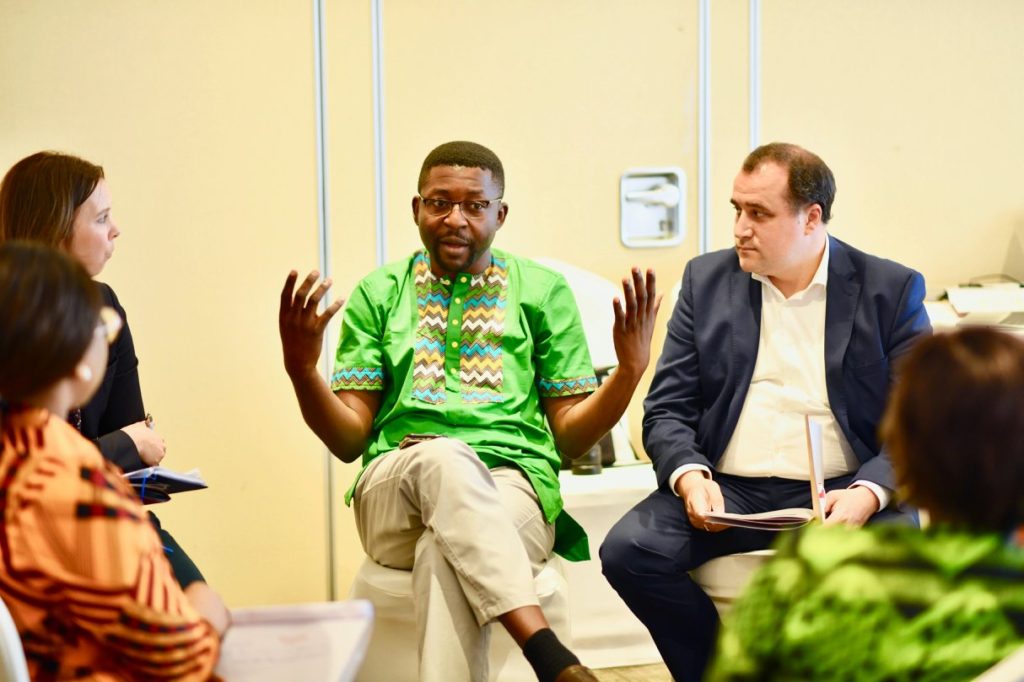
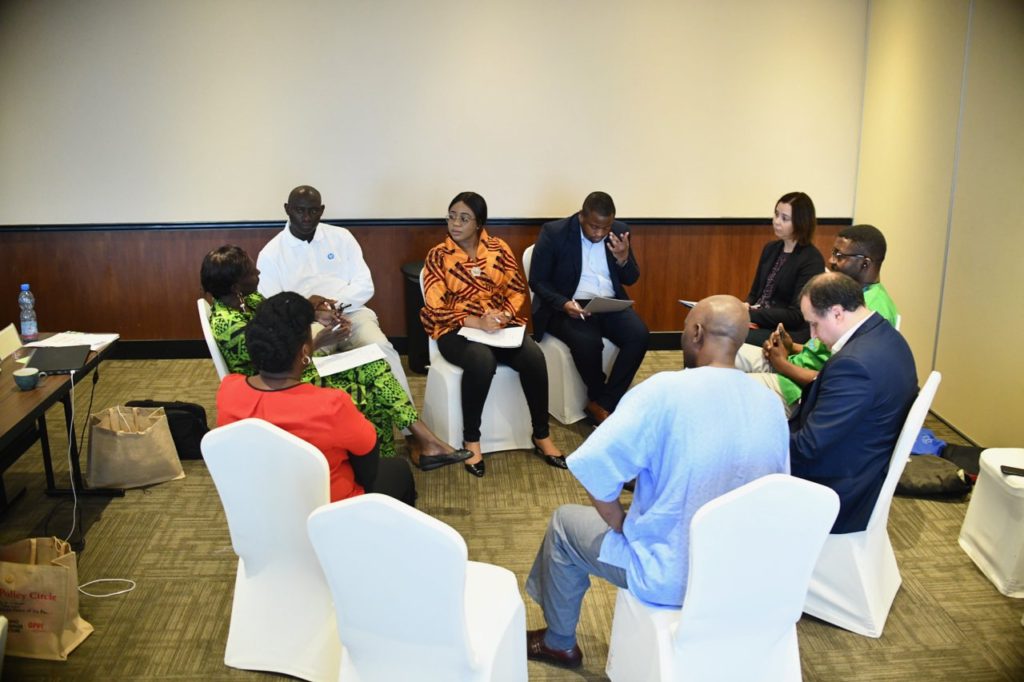
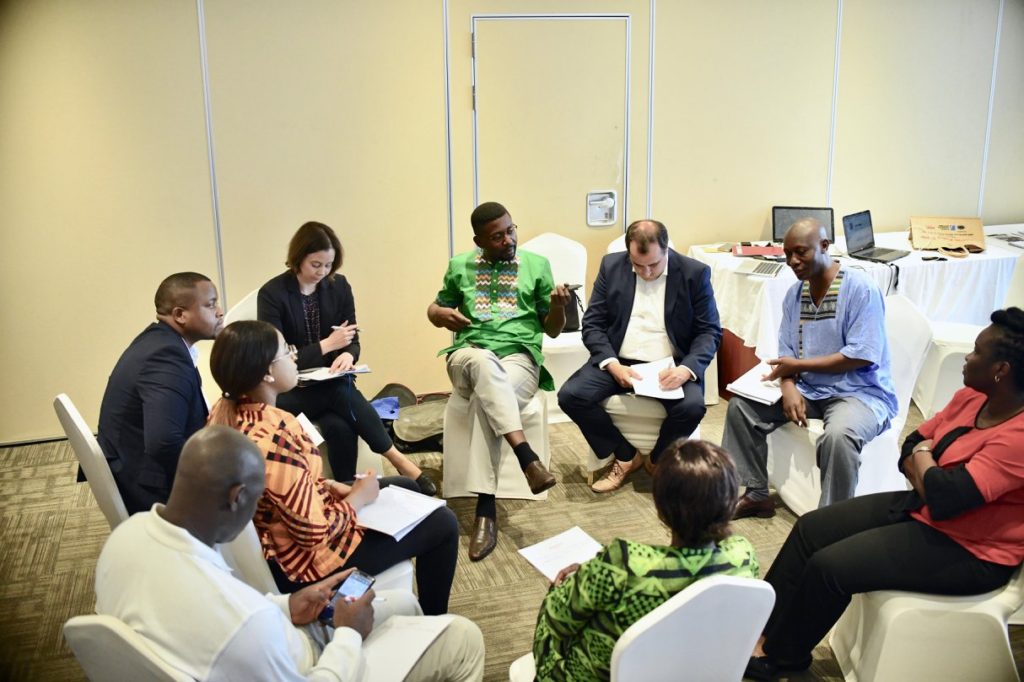
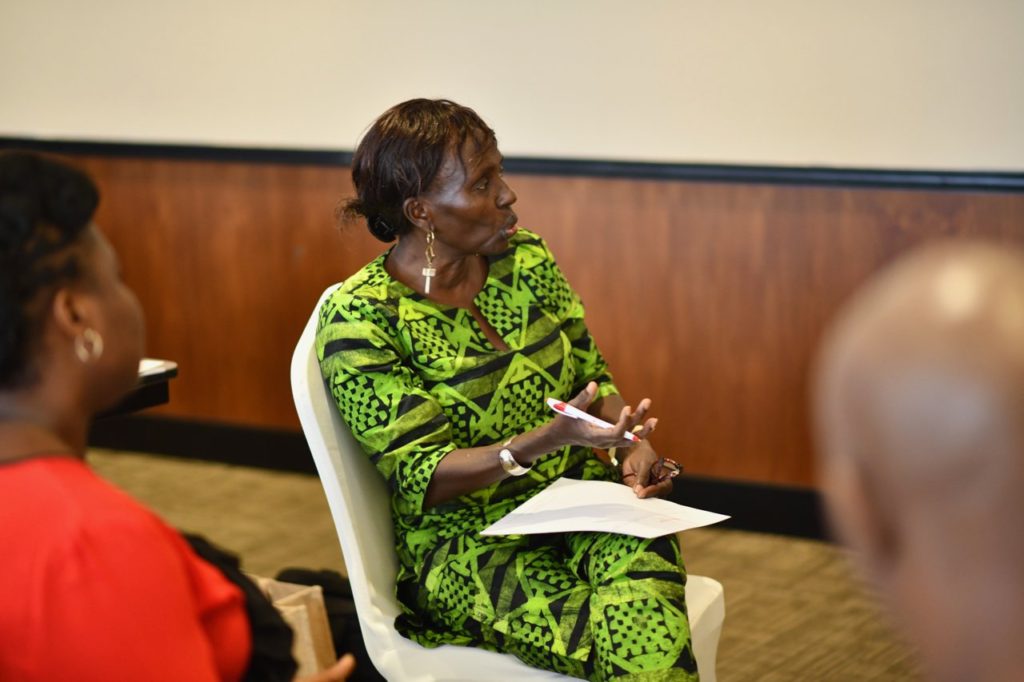
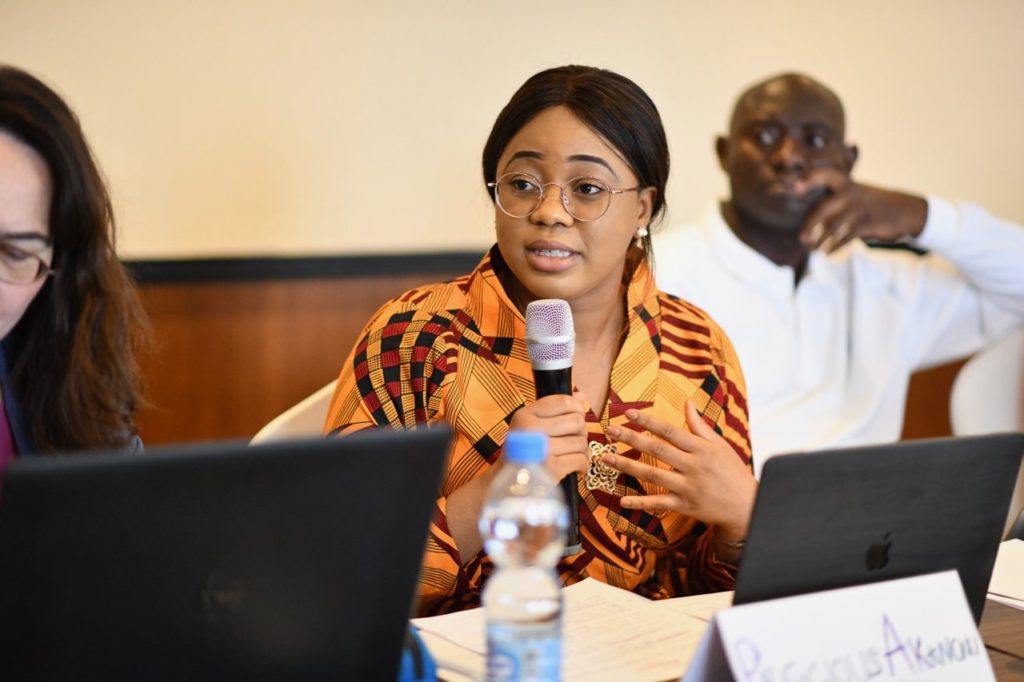
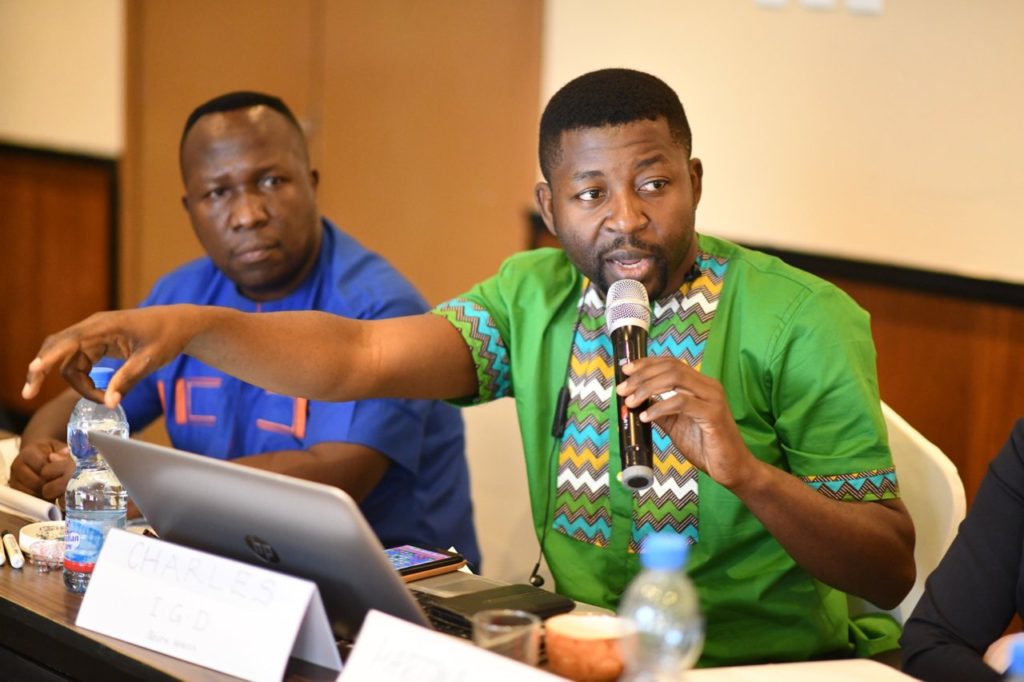
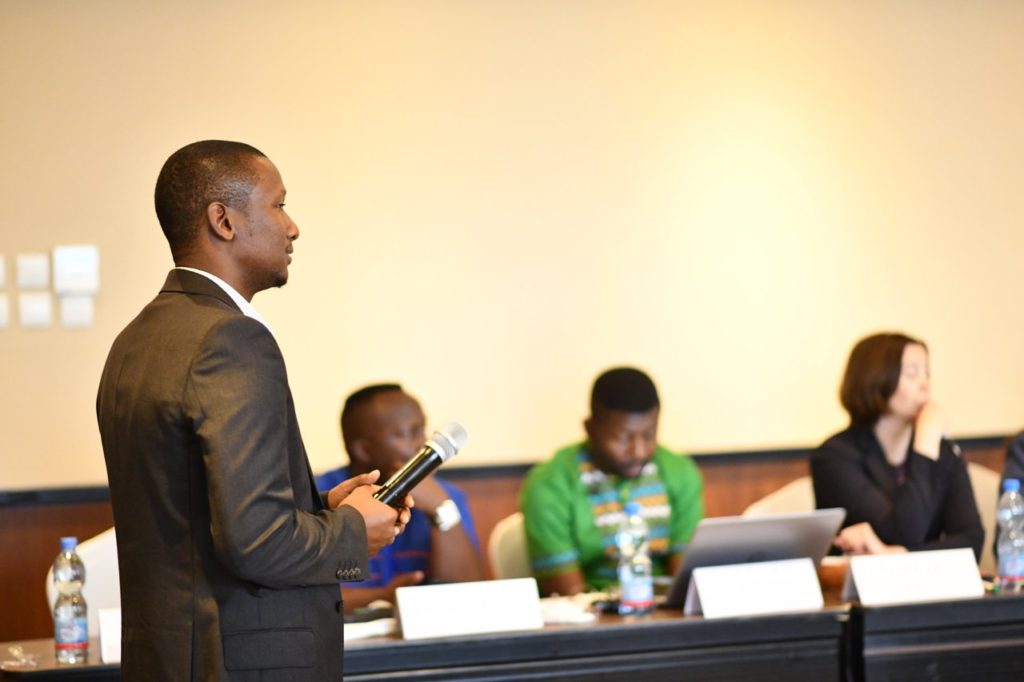
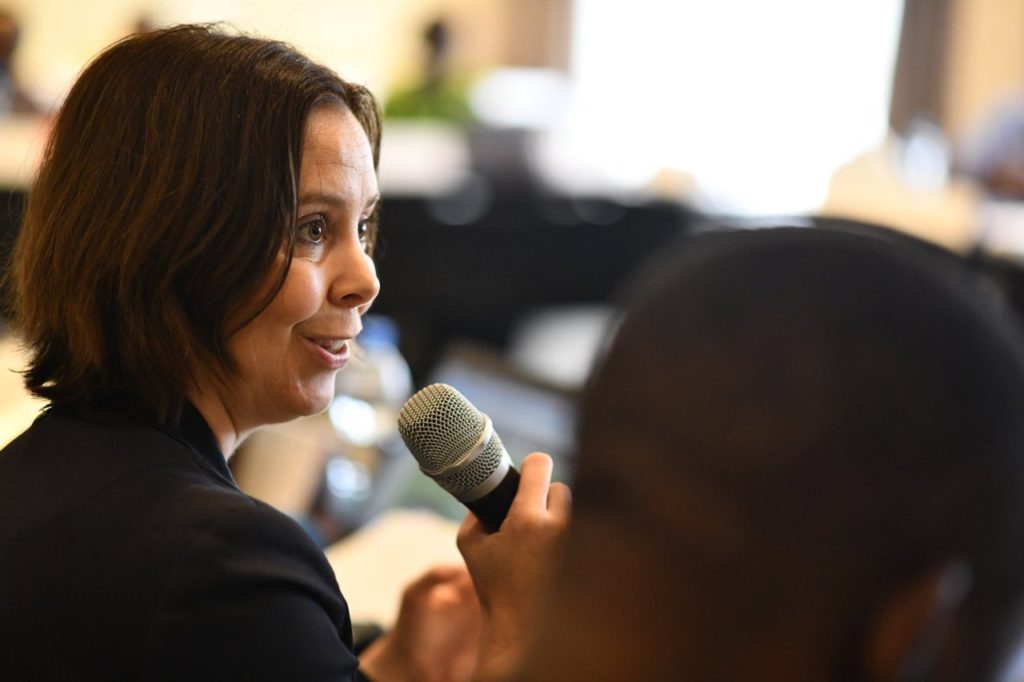
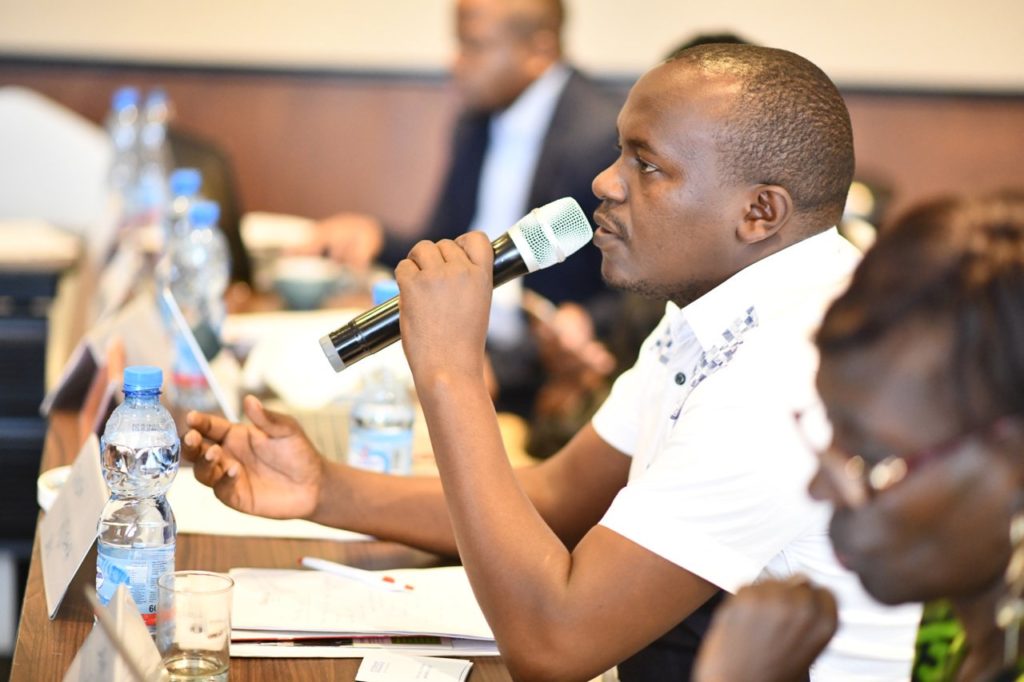
As a side event of the T20 Summit in Tokyo, Japan, the Southern Voice Network in collaboration with the JICA Research Institute organized a panel discussion to review progress of the Sustainable Development Goals (SDGs) across the regions and draw implications for its accelerated implementation.The 2030 Agenda provides a universal framework for both developed and developing countries to achieve sustainable development. At the same time, it is becoming clear that understanding universality in our heterogeneous global system is more complex than it appears. This is because the implementation process of the 2030 Agenda for all needs to take into account different national realities, capacities, levels of development and priorities.
CSEA senior research fellow, Dr. Adedeji Adeniran, participated in the panel discussion which featured panelists from Asia, Africa, Latin America and Europe to discuss the challenges regions face towards the implementation of the SDGs and propose possible solutions to them. The panel discussion also builds on the findings from the Southern Voice’s flagship initiative “State of the SDGs”. This initiative brings into the political debates evidence-based analysis from research centers across the Global South, aimed at contributing to the implementation of the 2030 Agenda. The event was held on 26 to 27May 2019.
